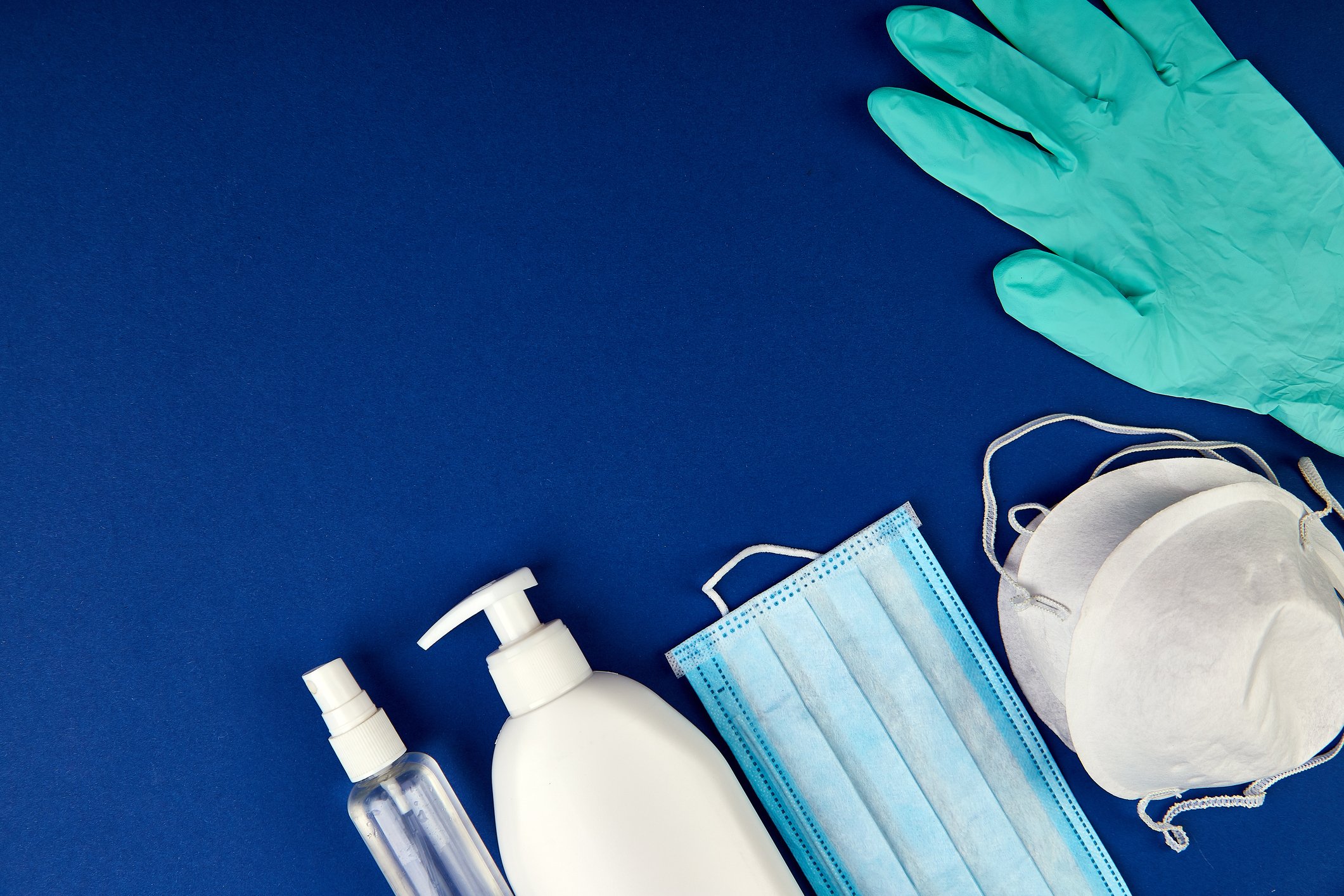 Personal Protective Equipment (PPE) is essential for protecting healthcare workers on the frontlines of the COVID-19 pandemic. However, with prolonged use of PPE, comes skin damage.
Personal Protective Equipment (PPE) is essential for protecting healthcare workers on the frontlines of the COVID-19 pandemic. However, with prolonged use of PPE, comes skin damage.
According to a study by the Journal of American Academy of Dermatology, 97% of staff working in two different COVID-19 units reported PPE-related skin damage. The incidence increased when PPE was worn continuously for longer than six hours, and especially with N95 masks and goggles.
Hand irritation is common when frequently using gloves. The hands become irritated from constant sanitizing and hand washing. Also gloves trap moisture and heat, causing side effects such as eczema and dermatitis on hands.
Pat hands dry or allow hands to air dry instead of rubbing to avoid further irritation. Also use warm water instead of hot because frequent use of hot water can lead to excessively dry skin. Moisturize but make sure the skin fully absorbs it before putting gloves back on.
Nurses wearing air tight N95 and N99 masks for many hours often end up with red indentations on their faces. On the other hand, Nurses who wear non airtight masks have reported getting acne and evidence of skin irritation from pressure or chafing of the mask over the bridge of the nose.
Make sure your mask isn't too tight and is fitted comfortably on your face. You should relieve pressure regularly. If possible, try removing your mask, goggles, and or face shield at least every four hours. Relieving pressure for a few minutes to allow for normal blood flow can prevent lasting skin damage.
The Wound, Ostomy and Continence Nurses Society (WOCN) suggests applying an alcohol-free barrier film if you know you’re going to be wearing your PPE for a long time.
Nurses have experienced ulceration on or behind the ears from the elastic loops that stretch around the ears. According to Nurse.org, Nurses are sewing buttons onto their surgical caps so they can fasten their face masks directly onto the buttons instead of their ears.
Healthcare workers wearing isolation gowns experience overheating and extreme sweating, which can lead to a red, itchy rash, known as intertriginous dermatitis.
According to Nurselabs.com, to prevent this condition make sure that you dry off well after your bath or shower. Avoid tight and chafing clothing and wear moisture-absorbing underwear. You can also use talcum powder, or even corn starch, to help keep the area dry.
One last tip to help keep your skin healthy, stay hydrated and consume healthy, high protein meals and snacks.


